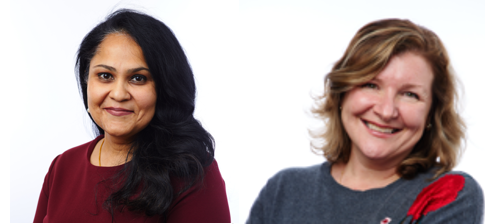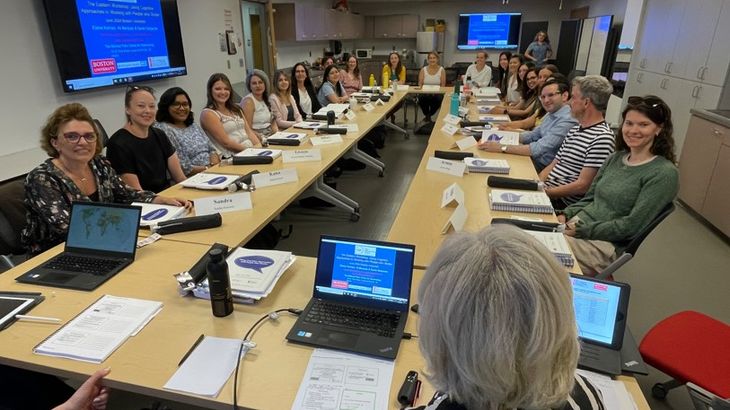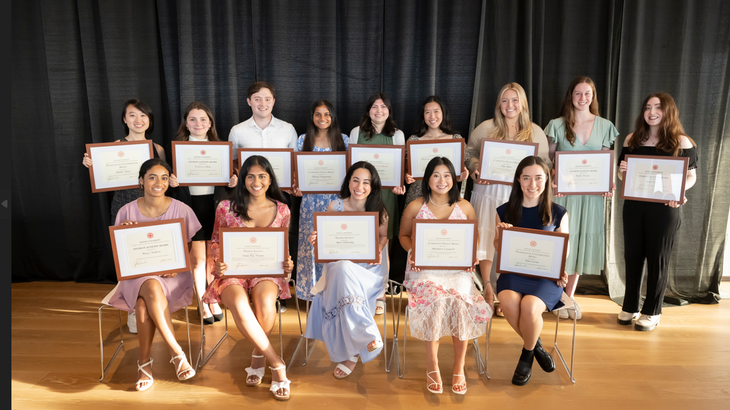The intercollegiate Bachelor of Science in Linguistics and Speech, Language & Hearing Sciences (SLHS) is designed for students interested in studying human language from a variety of perspectives. Students will gain an understanding of language acquisition and communication disorders as well as a solid grounding in linguistics through examination of the structure, use, acquisition, and development of languages of the world.
This interdisciplinary major is open to students in CAS students pursuing a BA as well as Sargent students pursuing a BS.
This major focuses on experimental approaches to the study of language as well as interactions between theoretical study of language and clinical applications.
Students completing this program will achieve and demonstrate:
- An understanding of the fundamental questions that drive modern linguistic research, concerning formal structure, universals, acquisition, historical change, variation, and social dimensions of use.
- Foundation knowledge in the core areas of linguistic theory, including phonetics, syntax, and semantics.
- Foundation knowledge in the areas that form the basis for research and clinical work in speech, language & hearing sciences.
- The ability to identify and describe with precision the empirical patterns found in sets of language data, and to construct well-reasoned analyses by formulating, testing, and refining hypotheses about these patterns.
- The ability to apply their coursework in Linguistics and SLHS to research, clinical, or other professional experiences by demonstrating integrative reasoning to interpret data in relation to published research, justifying the scope of their analyses, supporting their conclusions, and presenting a coherent summary of the relevant facts.
Career Opportunities
Students completing this program may pursue careers in research, education, medicine, public health, or the law. The major prepares students for graduate study in a number of related areas (linguistics, psychology, neurolinguistics, cognitive science) and for graduate/professional work in speech-language pathology, audiology, or more generally, for future careers in medicine, neuropsychology, language technology (speech recognition or speech synthesis), or areas of child development and education. Students work with advisors in both Sargent at the BU College of Arts & Sciences to design individual programs of study that match each student’s interests and professional goals.
Note: Employment as a certified speech-language pathologist or audiologist is not possible with only a bachelor’s degree. An advanced degree in speech-language pathology or audiology is required for certification by the American Speech-Language-Hearing Association (ASHA) as well as for licensure in most states. Boston University’s Master of Science Program in Speech-Language Pathology is accredited by the Council on Accreditation in Audiology and Speech-Language Pathology (CAA) and enables students to fulfill the requirements for professional certification in speech-language pathology, as well as for Massachusetts state licensure and teacher certification.




